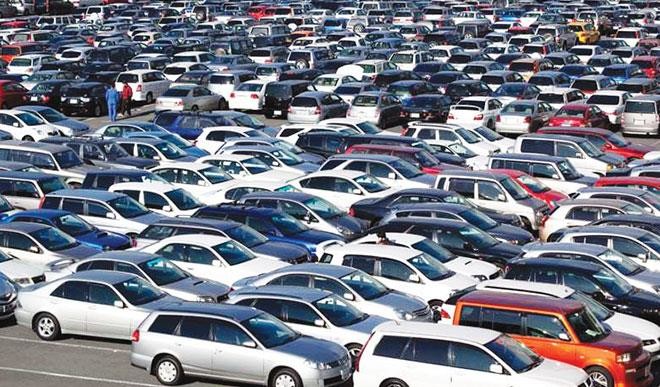Nigeria’s automotive import policy, long dominated by high tariffs and heavy import duties, continues to shape the realities of transportation, mobility, and industrial development across the country. Originally designed to protect and encourage local automobile manufacturing, the current structure has had a mixed record: while it has spurred limited local assembly, it has also made vehicles, new and used, unaffordable for the average Nigerian, driven a thriving smuggling economy, and limited competition in the market.
Currently, Nigeria imposes a tariff of up to 70 per cent (comprising 35 per cent import duty and 35 per cent levy) on fully built cars, with trucks and buses attracting slightly lower rates. The rationale is to discourage vehicle imports and encourage local production through domestic assembly plants. While this policy may look sound on paper, in practice, it has created a deep disconnect between policy intentions and everyday realities.
The most visible impact has been on affordability. With inflation soaring and the naira under constant pressure, vehicles have become luxury items for the middle class and a pipe dream for the poor. A decent used vehicle that once cost ₦2 million a few years ago can now exceed ₦6 million or more, largely due to tariffs, FX volatility, and transport costs. This has placed immense pressure on logistics businesses, ride-hailing drivers, transporters, and families trying to make ends meet.
Additionally, the burden on used car importation, commonly referred to as “Tokunbo” vehicles, has not helped. Since many Nigerians rely on these vehicles due to the high cost of brand-new ones, the punitive tariffs have only added to their hardship. Meanwhile, vehicle smuggling through porous land borders has remained rampant, undermining customs revenues and defeating the purpose of the tariffs.
From the local manufacturing perspective, the tariff regime was expected to stimulate vehicle assembly and localisation. While companies like Innoson, Stallion Group, and Lanre Shittu Motors have made strides, the level of local content remains minimal, and most plants operate as semi-knockdown or complete knockdown assemblers. The anticipated transfer of technology, job creation, and industrial deepening has not matched expectations. In many cases, the policy has created protected monopolies rather than globally competitive manufacturers.
There is also a ripple effect on the economy. High vehicle costs inflate transportation expenses, which in turn raise the price of goods and services. This erodes the purchasing power of Nigerians, worsens inflation, and slows down economic activity.
To strike a balance between encouraging local production and meeting consumer needs, the federal government must revisit its automotive tariff policy. Several recommendations stand out:
Gradual Reduction of Import Tariffs: Lowering import duties on vehicles, especially those with no local equivalents, would ease affordability without abruptly undermining local players.
Support For Local Assemblers: Rather than relying solely on protectionism, government should provide targeted incentives—such as infrastructure support, tax reliefs, and access to finance—for firms that demonstrate clear commitments to local content development.
Customs Modernisation And Anti-Smuggling Efforts: Technology-enabled border management and transparent import procedures can boost revenue collection without punishing legitimate importers.
Used Vehicle Standards and Financing: Introducing quality controls for used cars and supporting financing schemes can ensure road safety and broader access to personal and commercial vehicles.
Encouraging Green Transition: The automotive policy should also account for global shifts towards electric and hybrid vehicles, providing room for innovation and sustainability in the industry.
Ultimately, Nigeria’s vehicle import and manufacturing strategy must be responsive, inclusive, and forward-looking. Tariffs alone cannot drive industrial growth, especially when they cripple consumer access, inflate business costs, and stimulate illegal trade. A more balanced policy approach, rooted in data and stakeholder consultation, is needed to drive both industrial development and economic mobility for the Nigerian people.





